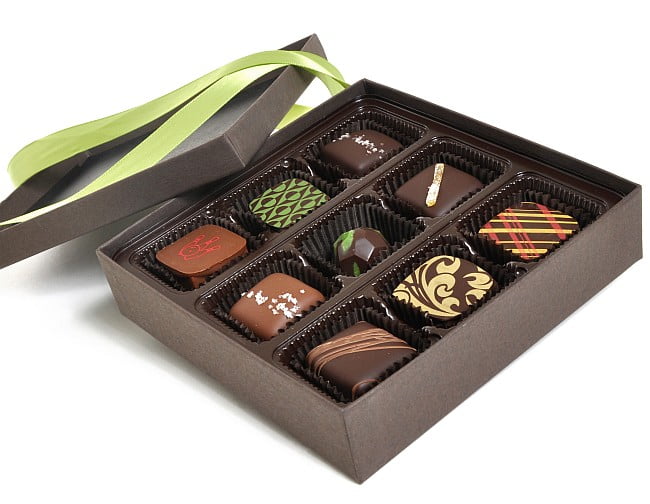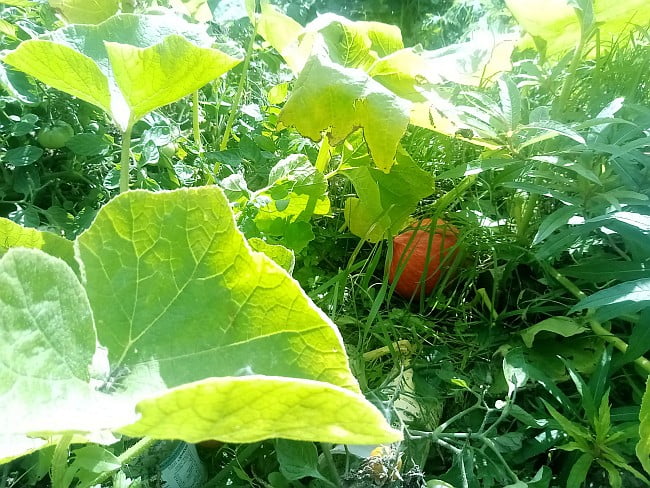An interruption
(This post’s one of a series about the hidden gems of the Yijing. They may quite often describe things I’ve mentioned before, but I think they bear repeating. The idea is to point to especially lovely or ingenious or playful ways that the Yi creates meaning and speaks to us… Read more »An interruption














